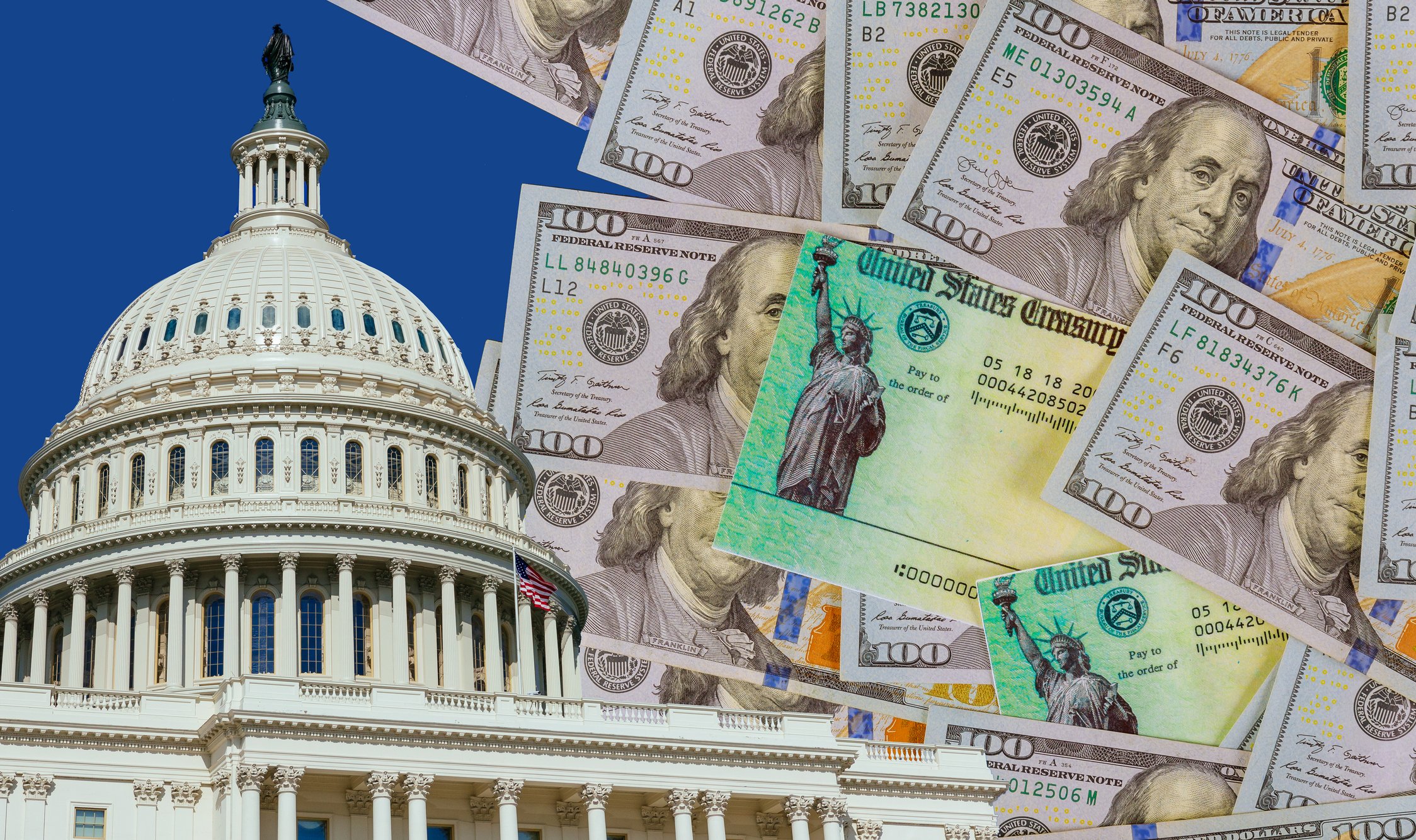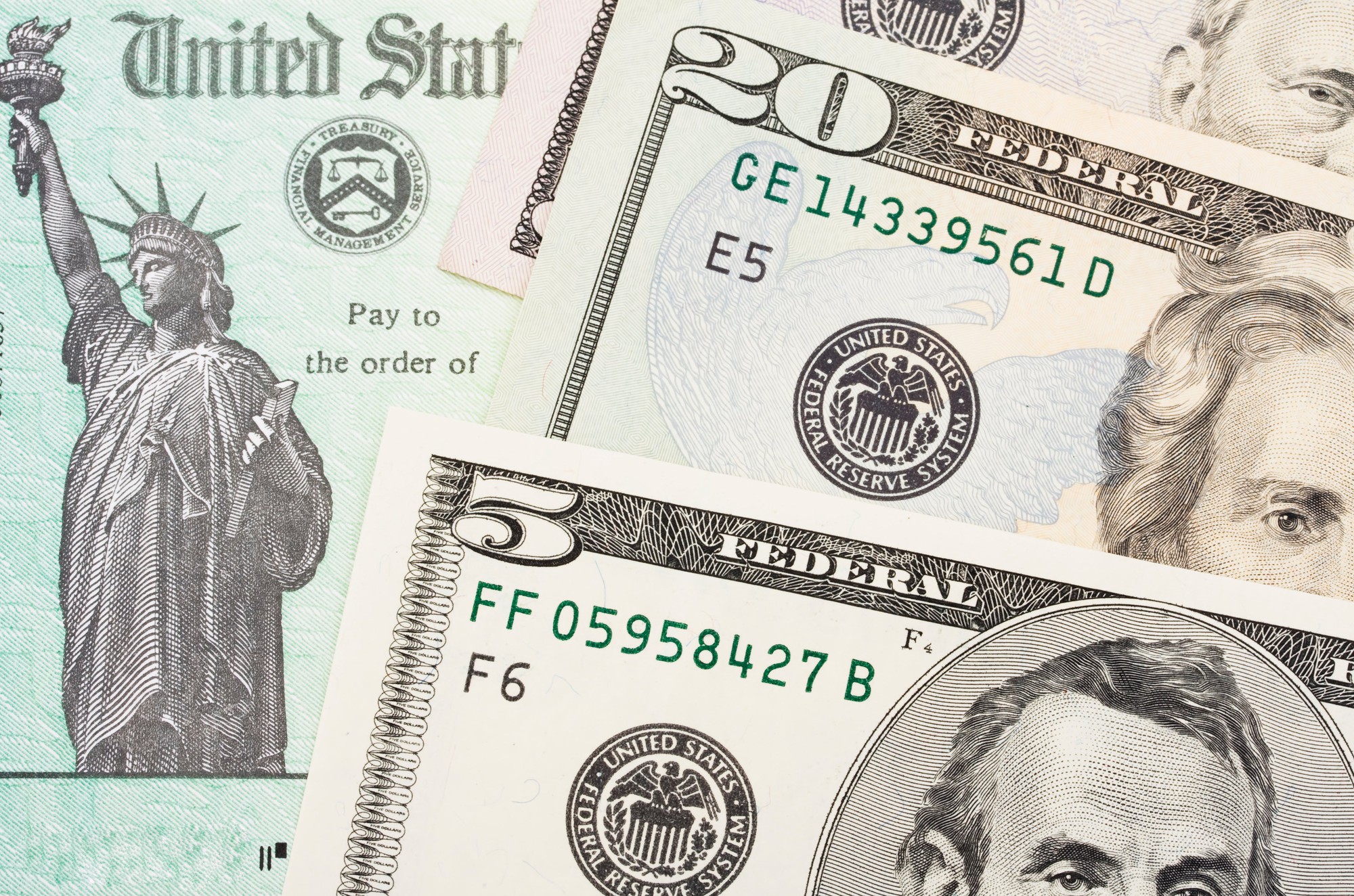This article was updated on March 14, 2016.
The Patient Protection and Affordable Care Act, also known as Obamacare, has been controversial since it first passed, and one of the most hotly debated parts of Obamacare is the individual mandate penalty. With millions of Americans paying the penalties in 2014, smart taxpayers are looking for ways to avoid having to dig into their pockets this year and beyond, especially as the amounts start to rise.
To give their views on the best ways to avoid Obamacare penalties, we turned to three Motley Fool finance experts to talk about possible strategies you could use.

Image source: Getty Images.
Dan Caplinger: The healthiest way to avoid the penalties under the Affordable Care Act is (drumroll please...) to comply with the law's requirements of having minimum essential health-insurance coverage. There are several ways you can get that coverage.
All health-insurance policies offered by government employers qualify, as does the insurance coverage you get through an employer-sponsored health plan where you work. Those who have access to COBRA coverage following departure from a previous job, or who have retiree coverage with a past employer, also typically meet the criteria for minimum essential coverage. In addition, federal and state health programs like Medicare Part A, Medicare Advantage, and most Medicaid and Children's Health Insurance Program coverage count toward avoiding Obamacare penalties, as do coverage packages for veterans, military personnel, Peace Corps volunteers, and some other programs.
Where things get slightly trickier is if you have to get your own individual health insurance. All policies you buy on Health Insurance Marketplaces, either through your own state's program or on the federal healthcare.gov website, qualify for minimum essential coverage. However, short-term health plans, limited-benefit plans, and certain older health plans don't meet the standards. In some cases, non-complying plans were grandfathered, and therefore avoid penalties at least through 2017. If you give up coverage under a grandfathered plan, though, you'll typically have to get a complying plan in order to avoid the penalty.
Overall, there are more options for getting coverage and avoiding penalties than there were before the passage of Obamacare. With some effort, you can probably find one that will work for you.
Selena Maranjian: The best way to avoid paying the Obamacare tax penalty for not carrying qualifying healthcare coverage is arguably what Dan suggested -- simply getting coverage. If that's not for you, though, here's an approach you might want to try: Don't get a tax refund.
That's right. It seems that, according to the way the rules are set up, unlike with some other tax penalties or consequences, there are no levies, liens, or criminal penalties imposed if you don't pay. And because the penalty is subtracted from your tax refund, if you have no refund, you won't lose that money.
It's a simple solution, but not quite as simple as it sounds. That's because you don't just check a box to not get a refund. Instead, you must make some calculations, and be sure that you're underpaying your tax obligations throughout the year, either via your withheld taxes or your self-employment estimated tax payments, or both.
It's even a little trickier than that, because if you underpay too much, you'll get whacked with a different penalty -- for underpaying. You can generally avoid that penalty by paying at least 90% of your tax owed for the current year, or 100% of the tax shown on the return for the prior year, whichever is smaller.
A final consideration: If you choose to avoid paying with this approach, you'll have to keep it up for a long time, because the IRS won't just forget about it. You'll have to avoid having a tax refund for year after year. Slip up, and the IRS will grab as much of your penalty as it can from any refund coming to you. Also, if you're married and filing jointly, and your spouse is entitled to a refund, your penalty might be taken from that.
In the end, although this technically is a strategy that works -- at least under the current version of the law -- we wouldn't recommend it.
Todd Campbell: If money is tight and you can't afford the monthly health-insurance premiums, then the government might cut you some slack on the penalty for not having health insurance.
Those who are preparing their 2015 tax returns in early 2016 should note that if the lowest cost health insurance plan exceeded 8.05% of your income, then you may be exempt from the penalty for 2015. The calculation is based on the income you or your family will earn this year and the lowest cost health-insurance plan available to you or your family, either through employers, or the federal marketplace.
The IRS won't allow you to pick and choose which plans, or whose income to use in this calculation, so make sure you do the math for both you and your spouse, and consider all your options, including both self-only plans and family plans that are available to you. Doing the research to determine plan costs, and taking the time to map out the calculation, will take a bit of time, but healthcare.gov makes it a bit easier by providing a handy form that you can fill out.




